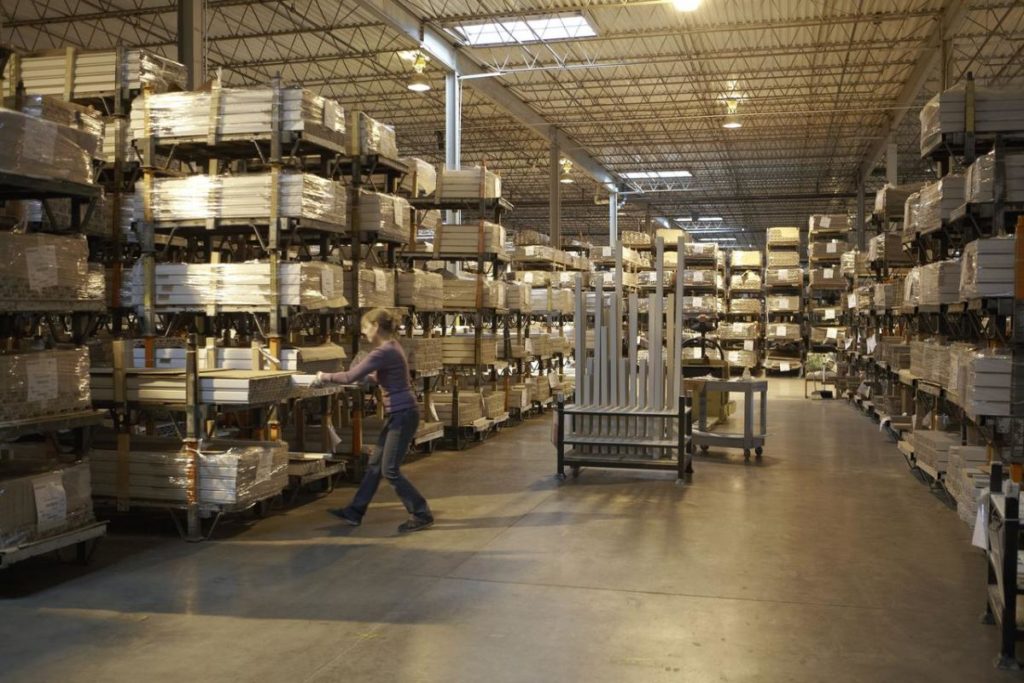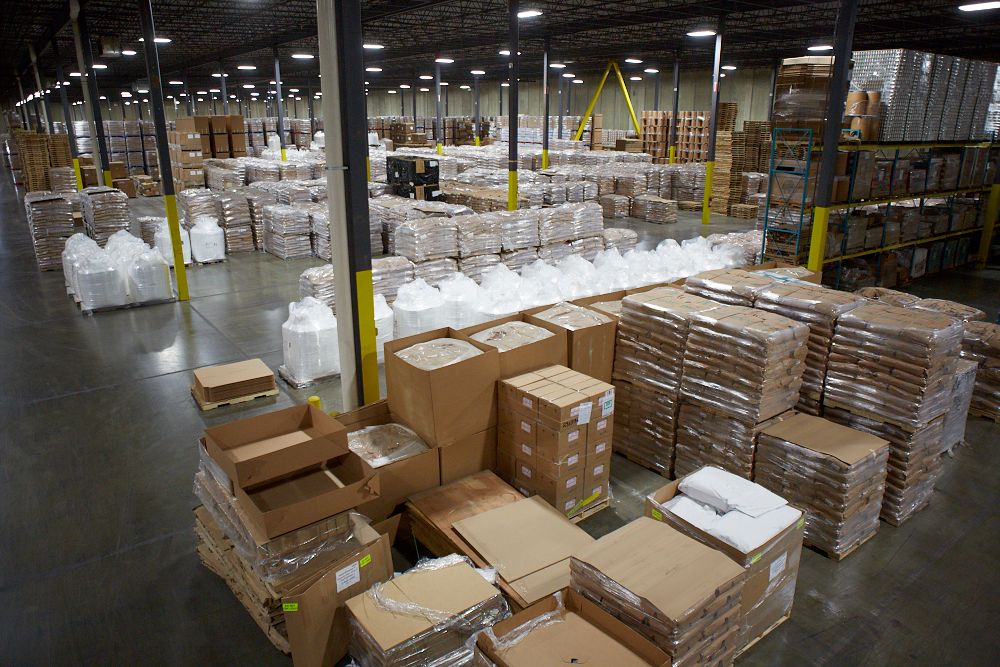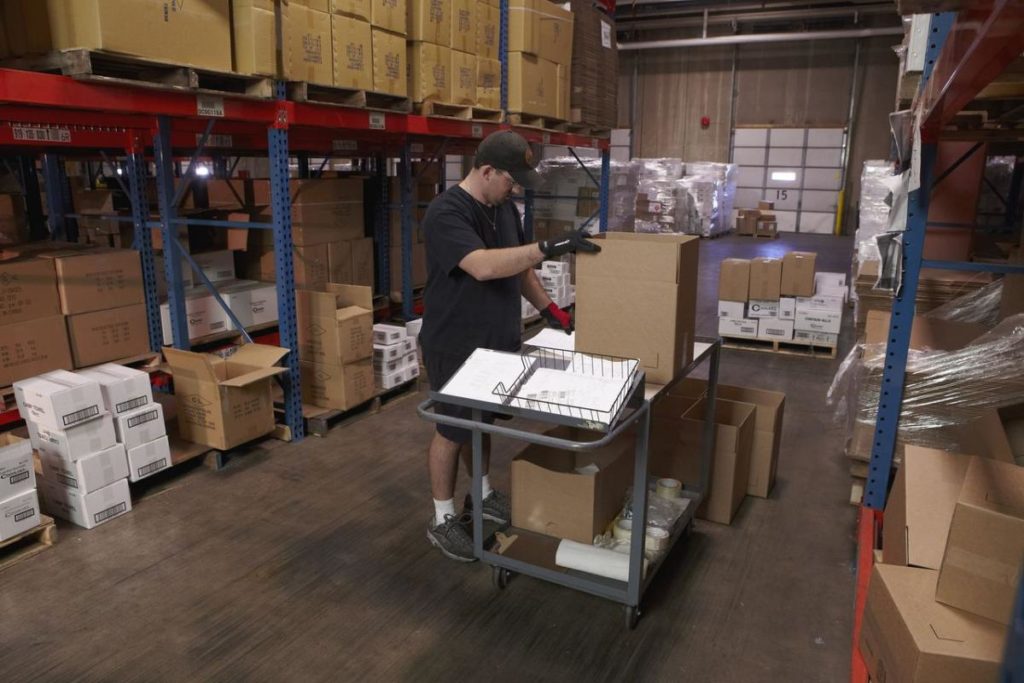Fulfillment is the way that orders are processed, picked and prepared for shipment. This is one place where warehouses have to be extremely efficient for their clients. Fulfillment is also a place where warehouses can save their clients a lot of money, by being extremely efficient. Whether we are regularly sending product to retail stores, or sending large orders to wholesalers, 3PLs are equipped and staffed to handle fulfillment every time.

Customized Storage Solutions
There are ways to store products that can help with the fulfillment process. With so many different types of products in warehouses, there is no one storage solution for all types of products. This is where the expertise of an experienced 3PL comes into play. Customized storage solutions for each customer ensure that product can be organized and picked in the most efficient way possible.

Custom Order Options
Order picking is also customized for each client and can be picked by lot code, serial number or SKU. Customers will generally need lot numbers and lot codes when picking large quantities, such as multiple pallet and full truckload quantities. Serial numbers can be used for many different things, from pallet moves to single item picks. When pick and pack or single item picks are made, SKU identification comes into play. Just-in-time orders and shipments allow manufacturers to get product when it is needed in their facility.

Warehouse Management Systems
There are systems used that facilitate the fulfillment process all the way from when the product is ordered until it reaches its destination. Warehouse management systems allow for easy synchronization between the warehouse and their clients. At Murphy, our clients have access to their inventory levels via our password secured client page 24/7. New technology is making this process easier and more efficient, which leads to faster shipping times for any size order, from full truckloads to wholesalers, right down to shipments direct to the consumer. Barcode scanning helps with counting and increases accuracy for every transaction, traditionally done with a handheld scanner, upgrades are being made throughout the industry for even easier use. RFID or Radio Frequency Identification allows for data collection and product identification.
